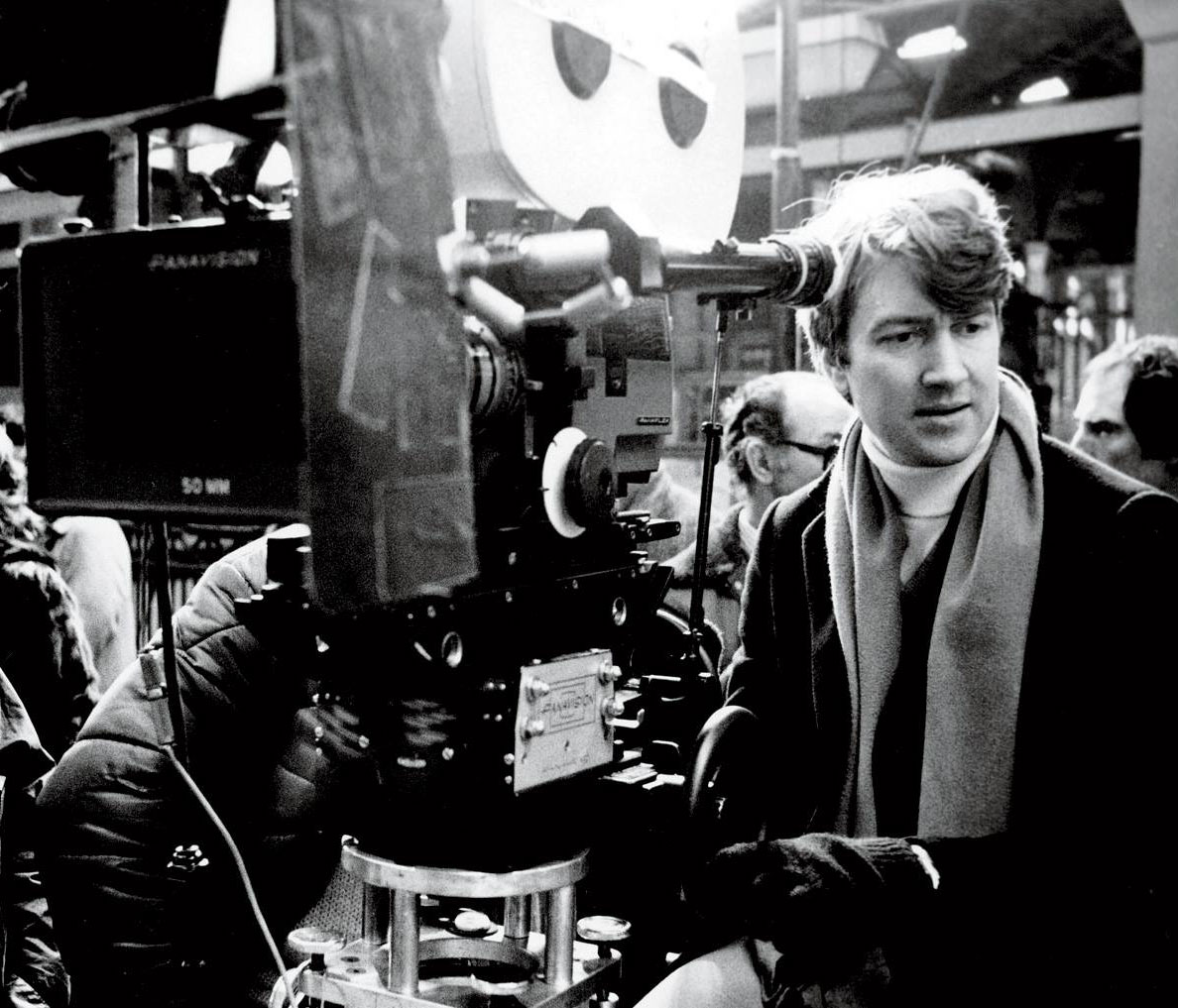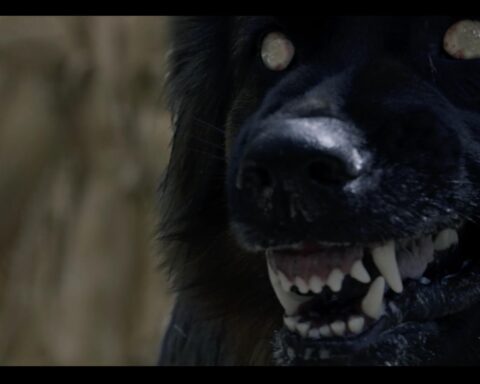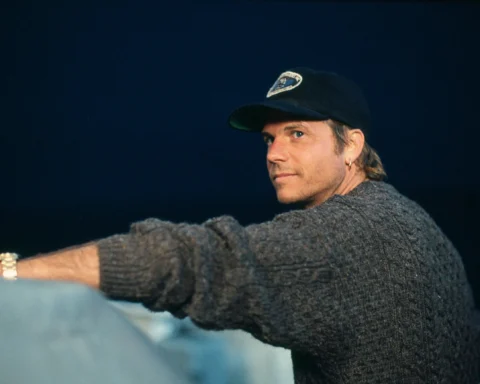David Lynch, an auteur of unparalleled vision, has crafted a filmography that is as enigmatic as it is mesmerizing. With each film, Lynch invites us into his labyrinthine mind, where reality and dream intermingle in a dance of shadows and light. To rank his movies is a daunting task, not only because of the high quality of his work but also due to the deeply subjective nature of his storytelling. Nevertheless, we embark on this journey, delving into the surreal worlds he has created, one film at a time. This ranking, from worst to best, is not an indictment of any single work but a celebration of a cinematic legacy that defies conventional categorization.
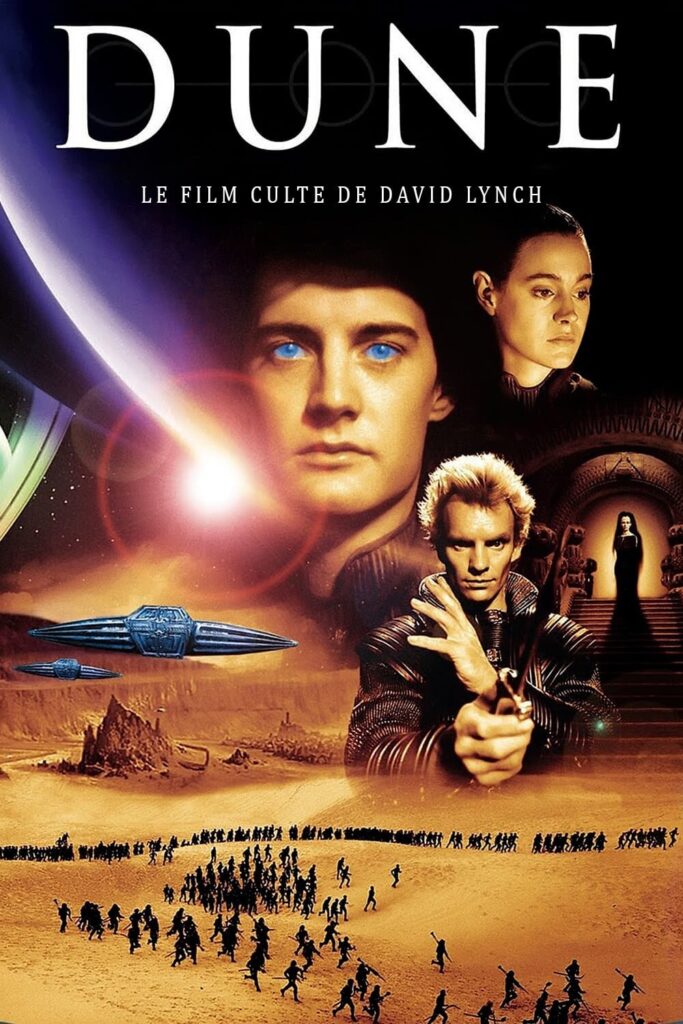
12. Dune (1984)
Review and Commentary:
“Dune” stands as an outlier in Lynch’s oeuvre, a sci-fi epic based on Frank Herbert’s novel that seemed an odd match for his distinctive style. The film, marred by studio interference and an unwieldy narrative, never quite finds its footing. Lynch’s vision, however, seeps through in moments of startling beauty and grotesque imagination. The spice-laden desert landscapes are otherworldly, and the grotesque Baron Harkonnen is a chilling villain. Yet, the film’s convoluted plot and uneven pacing make it the weakest entry in Lynch’s filmography.
Poetic Insight:
“Dune” is a desert dream, its sands shifting under the weight of ambition and compromise. In its sprawling dunes, one glimpses Lynch’s brilliance like a mirage, tantalizing but ephemeral.
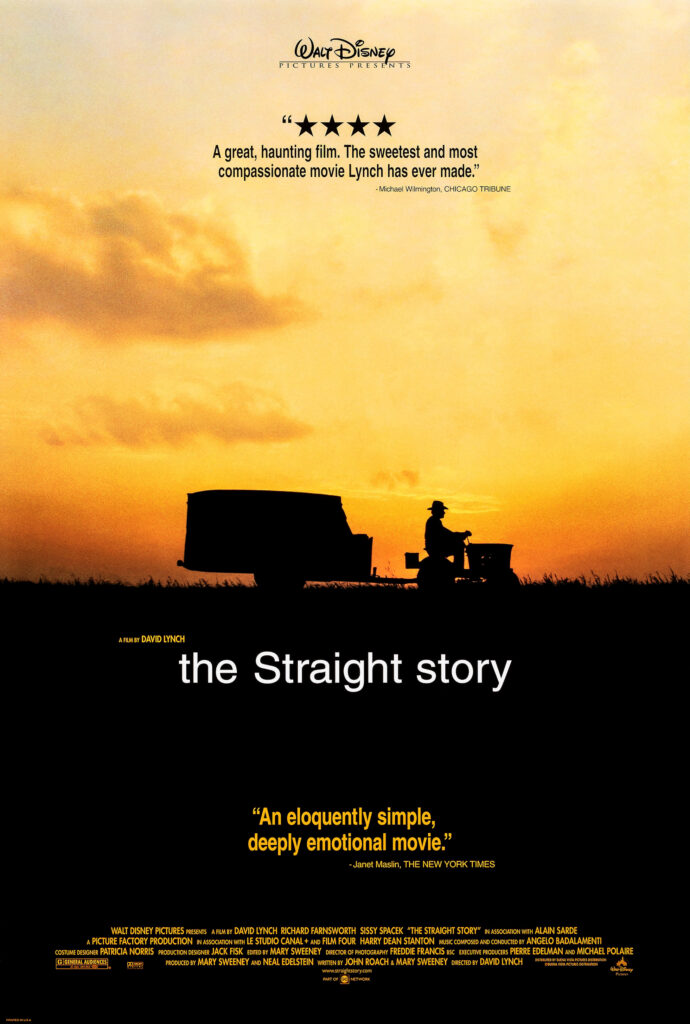
11. The Straight Story (1999)
Review and Commentary:
“The Straight Story” is Lynch’s most atypical film, a heartwarming tale based on the true story of Alvin Straight, who journeys across Iowa on a lawnmower to reconcile with his ailing brother. Stripped of Lynch’s usual surrealism, the film is a tender, straightforward narrative about perseverance and redemption. Richard Farnsworth’s performance as Alvin is quietly powerful, embodying a man whose simplicity belies a profound inner strength. The film’s lyrical pacing and pastoral beauty offer a meditative respite from Lynch’s darker works.
Poetic Insight:
Here, Lynch’s road is straight, yet each mile resonates with echoes of the human heart. It’s a gentle lullaby sung by the wind, a testament to the enduring power of love and forgiveness.
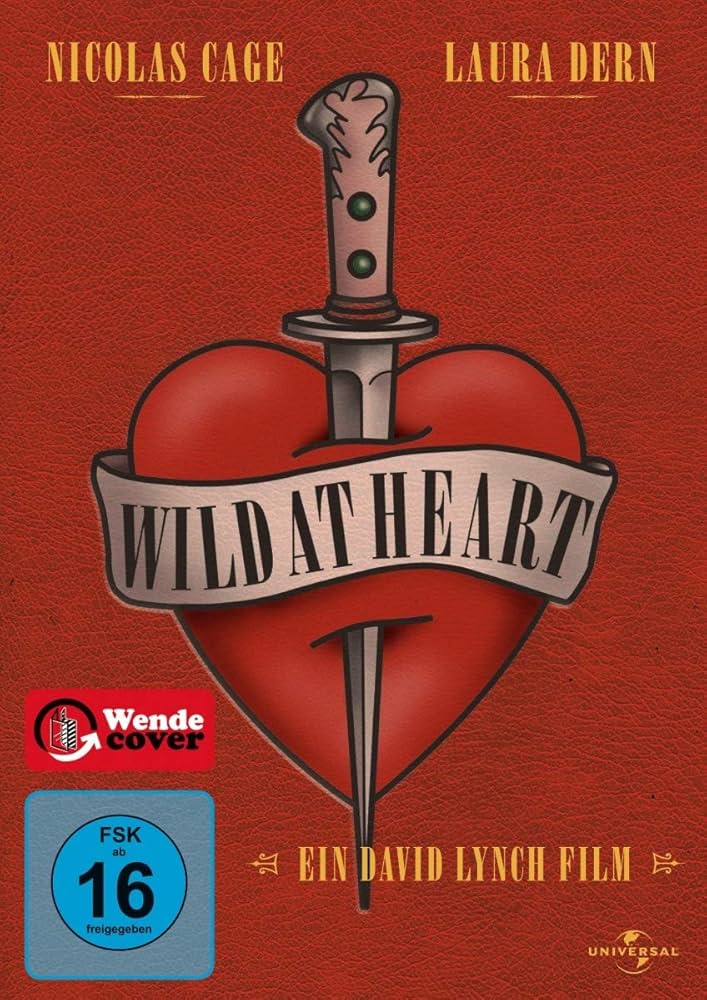
10. Wild at Heart (1990)
Review and Commentary:
“Wild at Heart” is a feverish road movie, a violent and passionate tale of love on the run. Nicolas Cage and Laura Dern sizzle as Sailor and Lula, two lovers fleeing a barrage of threats in a hyper-stylized America. The film pulses with a raw, untamed energy, its lurid colors and frenzied pace creating a dizzying experience. Lynch infuses the narrative with references to “The Wizard of Oz,” weaving a dark fairy tale that is both grotesque and romantic. Yet, the film’s chaotic nature and excessive violence can overwhelm, making it a challenging ride.
Poetic Insight:
“Wild at Heart” burns with the fury of young love, a kaleidoscope of violence and passion. It’s a flame that flickers, casting shadows that dance wildly on the walls of the heart.

9. Twin Peaks: Fire Walk with Me (1992)
Review and Commentary:
“Fire Walk with Me” is Lynch’s harrowing prequel to the “Twin Peaks” series, focusing on the final days of Laura Palmer. The film delves deep into Laura’s torment, offering a disturbing and intimate portrayal of her descent into darkness. Sheryl Lee’s performance as Laura is devastating, capturing the character’s vulnerability and pain. Lynch’s direction is uncompromising, plunging the viewer into a nightmare world of abuse and supernatural terror. While the film was initially met with confusion and criticism, it has since been reevaluated as a crucial piece of the Lynchian puzzle, revealing the emotional core of the “Twin Peaks” mythology.
Poetic Insight:
In “Fire Walk with Me,” the flame is a beacon of suffering, illuminating the darkest recesses of the soul. It is a requiem for innocence lost, a haunting elegy that echoes through the woods of Twin Peaks.
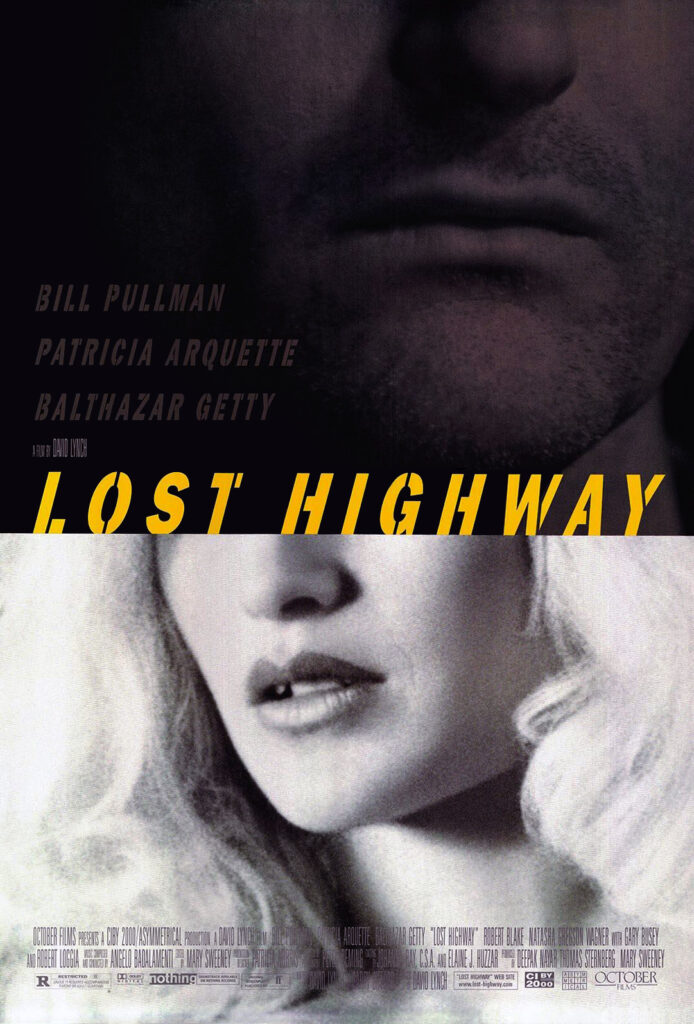
8. Lost Highway (1997)
Review and Commentary:
“Lost Highway” is a noirish odyssey through the corridors of identity and memory. The film begins with a musician, Fred Madison (Bill Pullman), who is convicted of murdering his wife, only to inexplicably transform into a young mechanic, Pete Dayton (Balthazar Getty). Lynch crafts a nightmarish narrative that defies linearity, plunging the audience into a disorienting world of doubles and doppelgängers. The film’s hypnotic visuals and eerie soundscape create an atmosphere of perpetual unease. “Lost Highway” is an enigmatic riddle, a Möbius strip of a film that offers no easy answers but lingers in the mind long after the credits roll.
Poetic Insight:
“Lost Highway” is a journey through the shadows of the psyche, a dreamscape where time loops back upon itself. It is the sound of a saxophone in the night, a melody that spirals into the void.
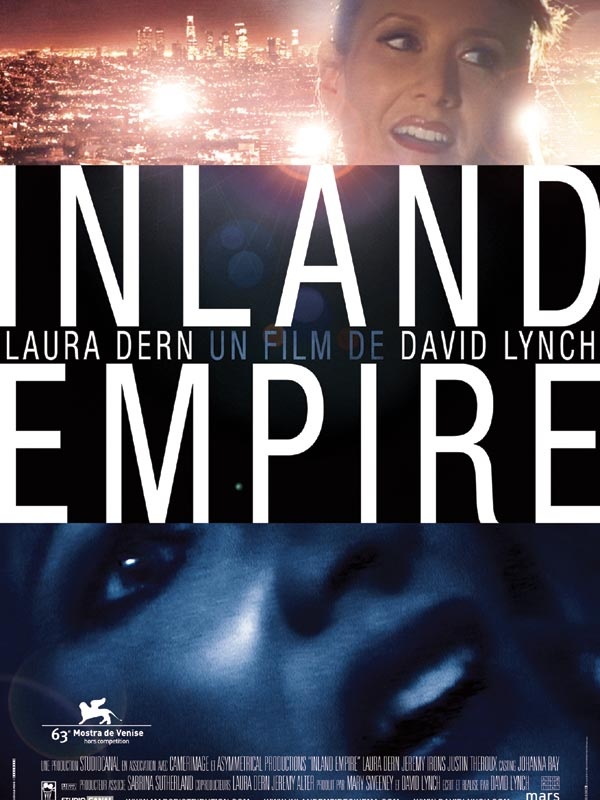
7. Inland Empire (2006)
Review and Commentary:
“Inland Empire” is Lynch’s most experimental film, a three-hour opus that abandons conventional narrative for a fragmented, dreamlike structure. Laura Dern delivers a tour-de-force performance as an actress who finds herself entangled in a nightmarish reality. Shot on digital video, the film has a raw, unsettling quality, with Lynch exploring themes of identity, illusion, and the nature of cinema itself. “Inland Empire” is a challenging and often bewildering experience, but it rewards those willing to surrender to its Lynchian logic with moments of profound beauty and terror.
Poetic Insight:
“Inland Empire” is a labyrinth of light and shadow, where the boundaries of self dissolve into a sea of faces. It is a mirror shattered into a thousand fragments, each reflecting a different reality.
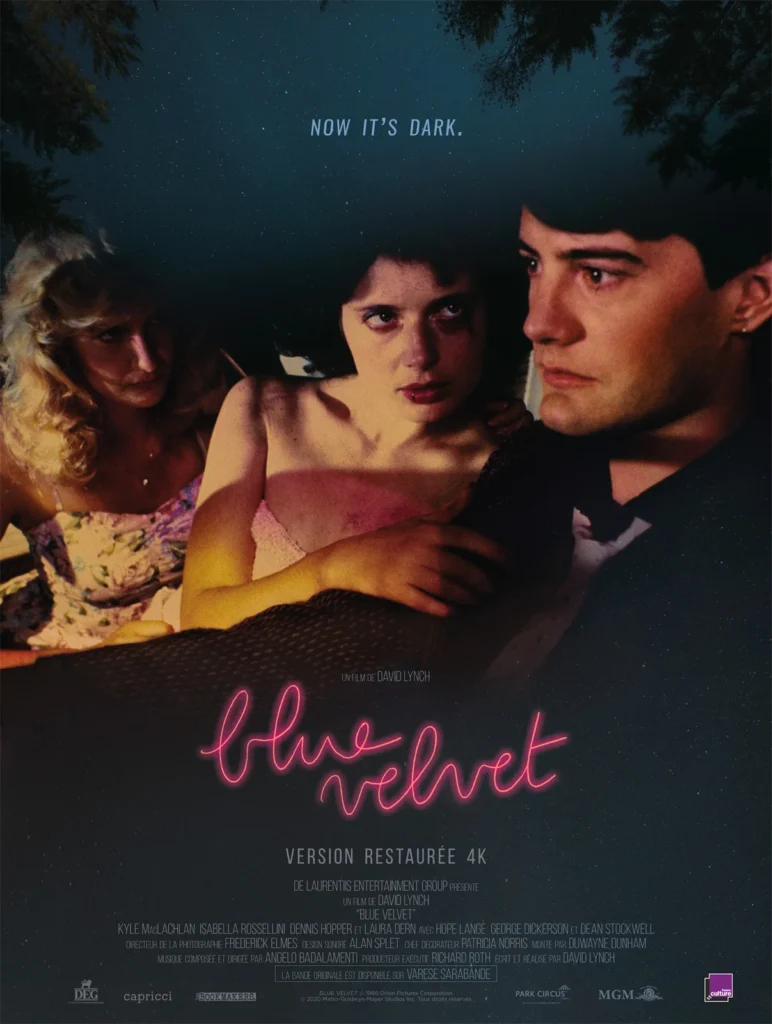
6. Blue Velvet (1986)
Review and Commentary:
“Blue Velvet” is a seminal work that marks Lynch’s transition from cult filmmaker to mainstream recognition. The film begins with the discovery of a severed ear in a small town, leading college student Jeffrey Beaumont (Kyle MacLachlan) into a web of mystery and danger. Lynch peels back the veneer of suburban tranquility to reveal a world of perverse desires and hidden violence. Dennis Hopper’s performance as the sadistic Frank Booth is both terrifying and mesmerizing, while Isabella Rossellini’s portrayal of the tormented singer Dorothy Vallens adds layers of emotional complexity. “Blue Velvet” is a dark, erotic thriller that probes the depths of human nature with unflinching intensity.
Poetic Insight:
“Blue Velvet” is a descent into the heart of darkness, where innocence and corruption coexist in uneasy harmony. It is a velvet curtain, behind which the secrets of the night are whispered.
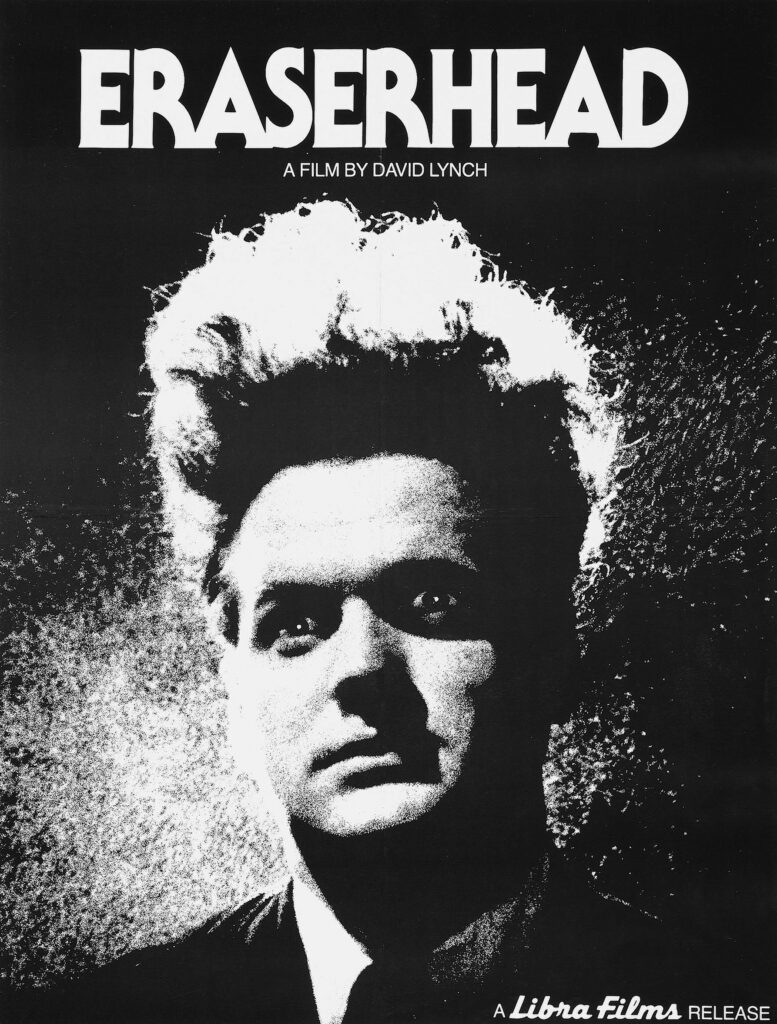
5. Eraserhead (1977)
Review and Commentary:
“Eraserhead” is Lynch’s debut feature, a surreal nightmare that established him as a master of the bizarre. The film follows Henry Spencer (Jack Nance), a man living in an industrial wasteland who becomes the caretaker of a monstrous baby. “Eraserhead” is a haunting meditation on fear, parenthood, and existential dread. Its stark black-and-white cinematography and eerie sound design create an atmosphere of relentless unease. The film’s disturbing imagery and abstract narrative challenge conventional interpretation, making it a work that is endlessly fascinating and deeply unsettling.
Poetic Insight:
“Eraserhead” is a fever dream etched in shadow, a symphony of industrial hums and whispered fears. It is the cry of an unknown creature in the night, a testament to the horror of existence.
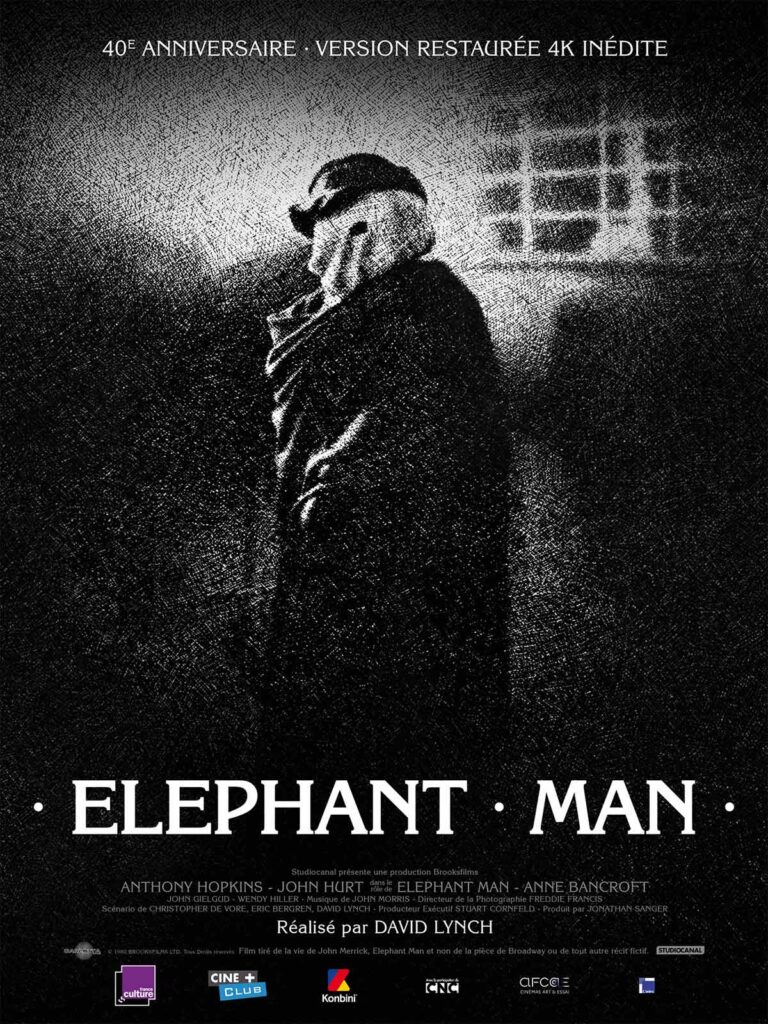
4. The Elephant Man (1980)
Review and Commentary:
“The Elephant Man” is Lynch’s most conventional film, yet it retains his signature touch of surrealism and empathy for the outsider. Based on the true story of Joseph Merrick (John Hurt), the film chronicles his life as a severely disfigured man in Victorian London. Anthony Hopkins plays Dr. Frederick Treves, who discovers Merrick and brings him to the public’s attention. The film is a poignant exploration of humanity, dignity, and the cruelty of society. Hurt’s performance as Merrick is heart-wrenching, capturing the profound suffering and inner beauty of the character. Lynch’s direction is both compassionate and visually striking, making “The Elephant Man” a timeless masterpiece.
Poetic Insight:
“The Elephant Man” is a lament for the beauty hidden beneath the grotesque, a tale of a soul shining in the shadows. It is a dirge for the marginalized, a plea for compassion in a world of indifference.

3. The Art Life (2016)
Review and Commentary:
“The Art Life” is a documentary that offers a rare glimpse into the mind of David Lynch, exploring his creative process and formative years. Directed by Jon Nguyen, Rick Barnes, and Olivia Neergaard-Holm, the film blends intimate interviews with Lynch and archival footage to paint a portrait of the artist as a young man. Lynch’s reflections on his childhood, his early artistic endeavors, and his transition to filmmaking are interwoven with glimpses of his current work in the studio. The documentary is a meditative and deeply personal exploration of Lynch’s artistic philosophy, revealing the roots of his unique vision.
Poetic Insight:
“The Art Life” is a journey into the heart of creation, a window into the soul of an artist. It is the story of dreams given form, a testament to the power of imagination and the relentless pursuit of vision.
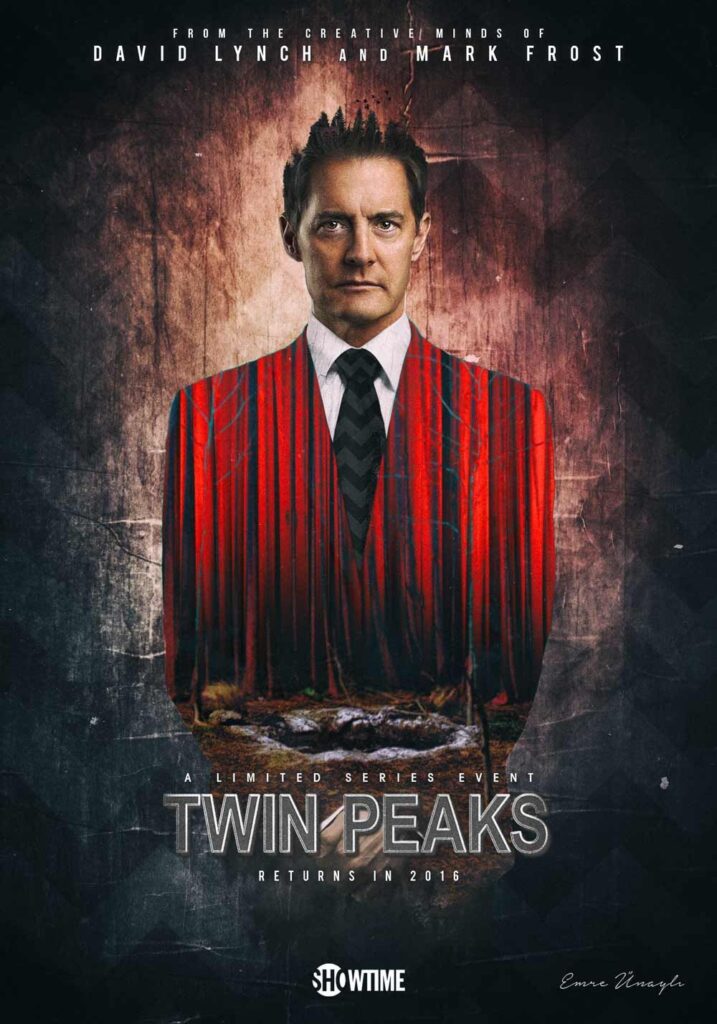
2. Twin Peaks: The Return (2017)
Review and Commentary:
“Twin Peaks: The Return” is a monumental achievement in television, a continuation of the cult classic series that transcends its medium to become a cinematic tour de force. Over 18 episodes, Lynch weaves a complex, multilayered narrative that defies easy categorization. The return of Agent Dale Cooper (Kyle MacLachlan) is both a homecoming and a descent into deeper layers of the Lynchian universe. The series blends mystery, horror, and existential reflection, culminating in a finale that is both haunting and ambiguous. Lynch’s direction is masterful, creating a work that is as visually stunning as it is intellectually challenging.
Poetic Insight:
“Twin Peaks: The Return” is a journey through the fog of time, a tapestry woven with threads of memory and dream. It is a return to the heart of mystery, where every answer births a new question, and every light casts a deeper shadow.

1. Mulholland Drive (2001)
Review and Commentary:
“Mulholland Drive” is Lynch’s magnum opus, a film that epitomizes his mastery of the surreal and the sublime. The narrative begins with Betty Elms (Naomi Watts), an aspiring actress who arrives in Los Angeles and crosses paths with Rita (Laura Harring), an amnesiac woman. What starts as a noirish mystery transforms into a haunting meditation on identity, dreams, and the dark side of Hollywood. Lynch’s direction is impeccable, creating an atmosphere of dreamlike intensity that blurs the line between reality and illusion. Naomi Watts delivers a career-defining performance, capturing the duality of innocence and corruption. The film’s enigmatic structure and haunting imagery invite endless interpretation, making it a timeless masterpiece.
Poetic Insight:
“Mulholland Drive” is a dream from which one cannot awaken, a labyrinth of desire and despair. It is the siren song of the silver screen, calling lost souls into its embrace. It is a journey into the heart of darkness, where the boundaries of self dissolve into a sea of shadows and light.
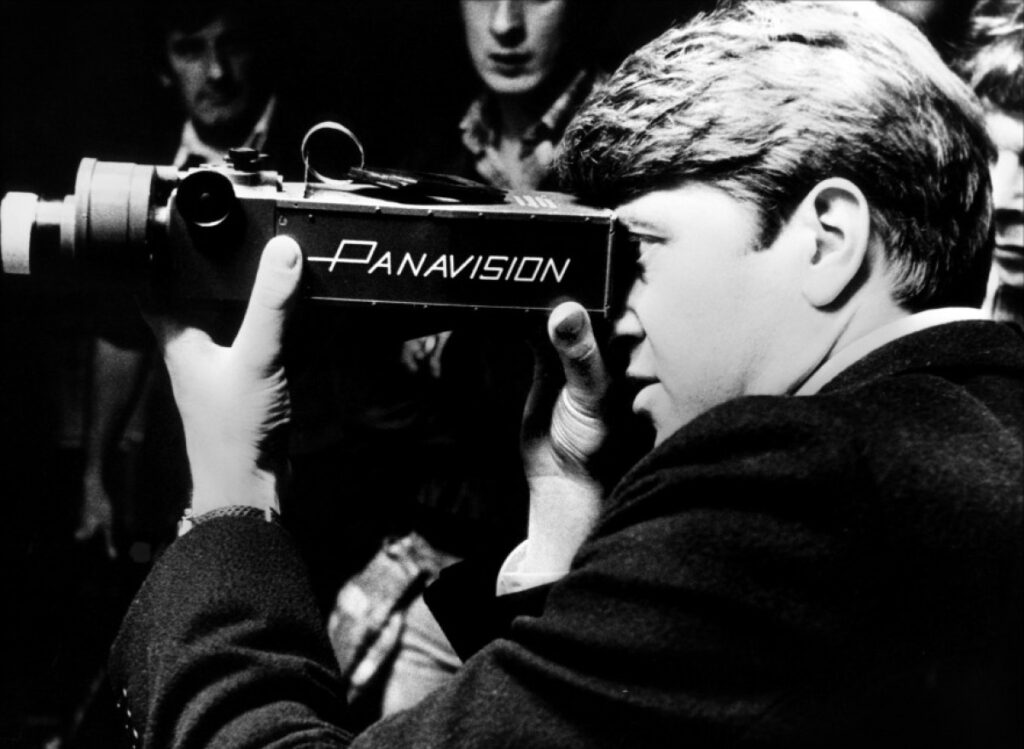
A Mountain To Climb
David Lynch’s filmography is a testament to his uncompromising vision and his ability to explore the deepest recesses of the human psyche. Each film, from the flawed ambition of “Dune” to the haunting beauty of “Mulholland Drive,” offers a unique glimpse into his surreal universe. Lynch’s work defies easy categorization, challenging viewers to embrace the unknown and find meaning in the mysterious and the abstract. His films are not just watched; they are experienced, lingering in the mind like a vivid dream. As we navigate the corridors of his imagination, we are reminded that in the world of David Lynch, the line between reality and fantasy is always beautifully blurred.
